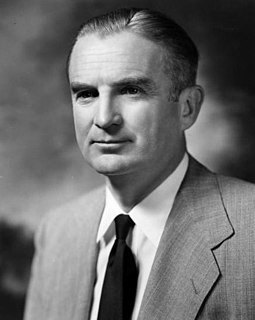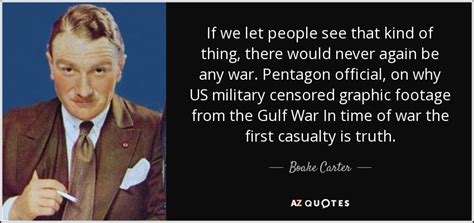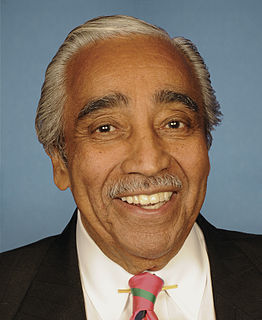A Quote by Dwight D. Eisenhower
I have spent my life in the study of military strength as a deterrent to war, and in the character of military armaments necessary to win a war. The study of the first of these questions is still profitable, but we are rapidly getting to the point that no war can be won.
Related Quotes
This Iraq war has been the most "privatized" war in America's history. It has seen the most extensive use of contractors. The contractors have increased the costs; but they have been necessary - the military simply could not have done it on their own. we would have had to increase the size of the military. But the George W. Bush Administration wanted America to believe that it could have a war, essentially for free, without raising taxes, without increasing the size of the armed forces.
The use of our military in combat should first require declaration of war. I have long called for reinstating the military draft, simply because I believe strongly that a national decision to go to war must also include a broad commitment to share its burdens. Whenever Congress decides to fund a war or other U.S. combat activities, it must provide a means to pay for it-then and there-not later. If we don't have the will to fully share the burdens of war, then we have no right to send our sons and daughters into harm's way.
Yes and no. Because America has only about 1 percent of the population serving in the military, it is hard for many civilians to understand the sacrifices military families make. However, my experience is that after the Vietnam War, the public learned that they should support the military whether or not they support the war. You've seen that outpouring of support for the veterans of both Iraq and Afghanistan.
It seems to me an utterly futile task to prescribe rules and limitations for the conduct of war. War is not a game; hence one cannot wage war by rules as one would in playing games. Our fight must be against war itself. The masses of people can most effectively fight the institution of war by establishing an organization for the absolute refusal of military service.
No power but Congress can declare war; but what is the value of this constitutional provision, if the President of his own authority may make such military movements as must bring on war? ... [T]hese remarks originate purely in a desire to maintain the powers of government as they are established by the Constitution between the different departments, and hope that, whether we have conquests or no conquests, war or no war, peace or no peace, we shall yet preserve, in its integrity and strength, the Constitution of the United States.
In every major war we have fought in the 19th and 20th centuries. Americans have been asked to pay higher taxes - and nonessential programs have been cut - to support the military effort. Yet during this Iraq war, taxes have been lowered and domestic spending has climbed. In contrast to World War I, World War II, the Korean War and Vietnam, for most Americans this conflict has entailed no economic sacrifice. The only people really sacrificing for this war are the troops and their families.

































